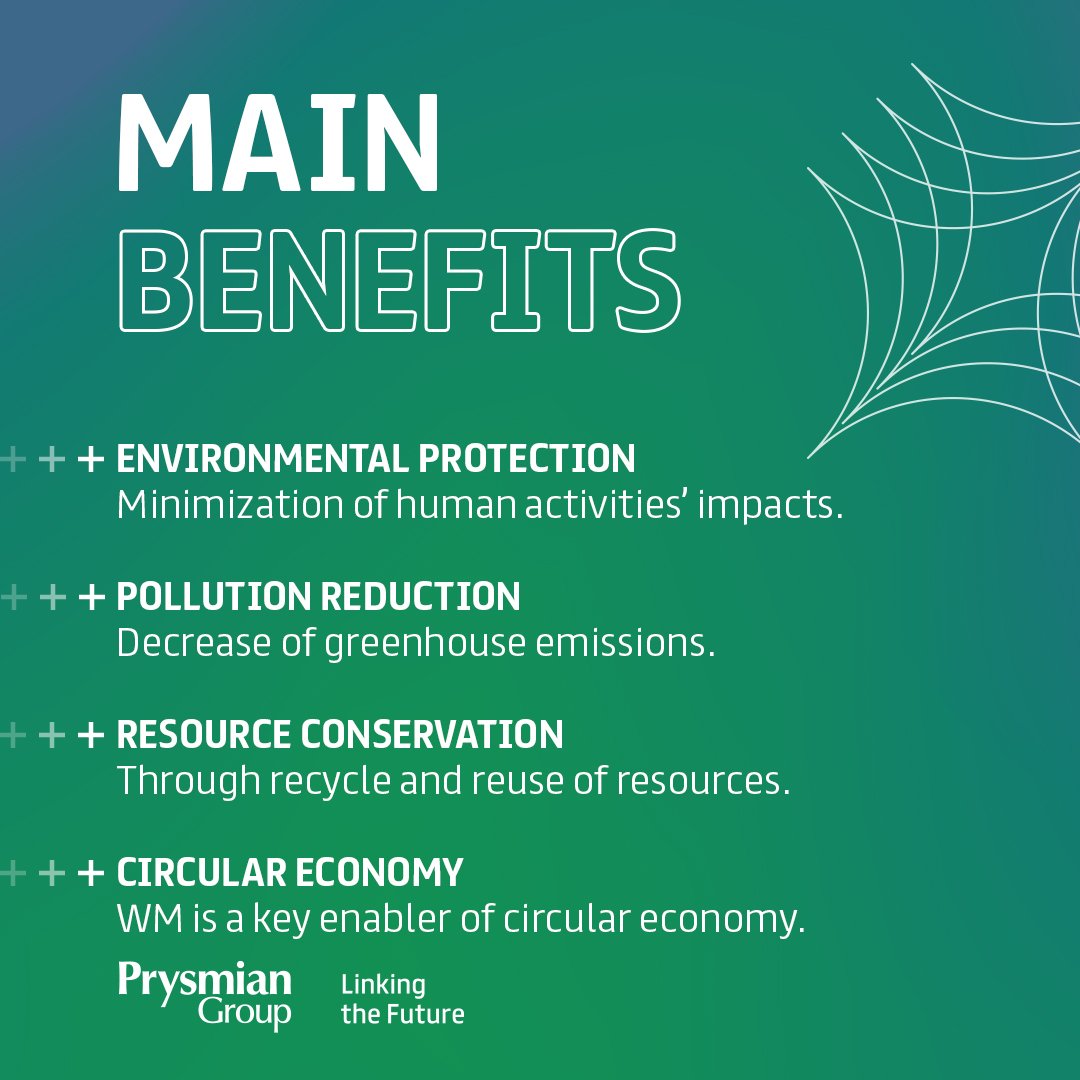Reclaim Waste for Beginners
Reclaim Waste for Beginners
Blog Article
The smart Trick of Reclaim Waste That Nobody is Talking About
Table of ContentsWhat Does Reclaim Waste Do?Not known Incorrect Statements About Reclaim Waste Reclaim Waste Fundamentals ExplainedReclaim Waste Things To Know Before You BuyThe Only Guide to Reclaim Waste
Check out the types, events, and kinds of liquid waste. Domestic sewer waste describes the waste and products from a household septic system. This type of waste is created by people in residences, colleges, and other structures. This only includes sewage-disposal tanks that have a drainpipe field. The proper management and disposal of residential sewage waste require liquid waste to be transferred to a sewer treatment plant where the proper methods and tools are put on detoxify and dispose of waste.
Business waste typically consists of potential risks, such as combustible materials or a blend of fluid and solid waste products, and calls for an extra sophisticated and detailed disposal process. The disposal of business waste normally includes the purification of waste prior to transportation to make certain risk-free and proper disposal. Hazardous waste is produced from by-products and overflow of industrial processes and production.
This type of waste can not make use of the exact same sewer monitoring transport or procedures as septic or business liquids. The commercial waste management process calls for the evaluation and screening of fluid waste prior to it undergoes the disposal procedure (liquid waste removal). Drainage waste is the fluid waste that originates from drainage and excess stormwater in highly booming areas or cities
Drainage waste can trigger contamination and flooding if not managed properly. Guaranteeing correct waste administration can stop disasters and reduce environmental damage.
Get This Report on Reclaim Waste
Get in touch with PROS Solutions today to find out about our waste monitoring and disposal services and the appropriate ways to care for the liquid waste you create.
(http://go.bubbl.us/e67627/7593?/Reclaim-Waste)This supposed 'wastewater' is not just an essential source yet, after therapy, will certainly be released to our land, waterways or the ocean. Used water from bathrooms, showers, baths, kitchen area sinks, washings and commercial procedures is understood as wastewater.

water used to cool down equipment or tidy plant and equipment). Stormwater, a kind of wastewater, is drainage that streams from farming and urban areas such as roof coverings, parks, gardens, roads, paths and seamless gutters right into stormwater drains, after rain. Stormwater flows without treatment straight to local creeks or rivers, at some point reaching the ocean.
What Does Reclaim Waste Mean?
In Queensland, most wastewater is dealt with at sewage treatment plants. Wastewater is delivered from residential or industrial sites through a system of drains and pump terminals, understood as sewage reticulation, to a sewer therapy plant.
The Division of Natural Resources advises local federal governments concerning handling, operating and keeping sewage systems and therapy plants. In unsewered locations, city governments may require homeowners to set up specific or household sewage therapy systems to deal with domestic look at here now wastewater from commodes, cooking areas, restrooms and washings. The Department of Natural Resources authorises the use of home systems when they are verified to be effective.
Most stormwater gets no therapy. In some brand-new subdivisions, treatment of some stormwater to get rid of litter, sand and gravel has actually begun utilizing gross pollutant traps. Wastewater therapy happens in four phases: Removes strong matter. Bigger solids, such as plastics and various other objects mistakenly discharged to sewers, are eliminated when wastewater is gone through screens.
Wastewater after that flows into large containers where solids clear up and are removed as sludge. Grease and scum are skimmed from the surface. Uses tiny living microorganisms recognizes as micro-organisms to damage down and remove staying liquified wastes and great particles. Micro-organisms and wastes are incorporated in the sludge. Eliminates nitrogen and phosphorus nutrients that might create algal blooms in our rivers and intimidate water life.
Top Guidelines Of Reclaim Waste
Nutrient elimination is not readily available in any way sewer treatment plants because it calls for costly specialized equipment. It is coming to be much more usual in Queensland. Clear liquid effluent generated after treatment may still contain disease-causing micro-organisms. If this effluent is released into rivers such as rivers or the sea, the micro-organisms will ultimately pass away out.

The majority of wastewater flows into the sewerage system. Under the Act, regional federal governments carry out approvals and licences for environmentally appropriate tasks (Periods) involving wastewater releases that might have a neighborhood influence.
The Reclaim Waste Statements
Otherwise, examples are considered lab analysis. Typically numerous tests are needed to establish the levels of each of the various pollutants such as oils, heavy steels and pesticides in water. Surveillance offers accurate information concerning water quality and can confirm that permit conditions are being satisfied. The details gotten via tracking supplies the basis for making water top quality decisions.
Report this page